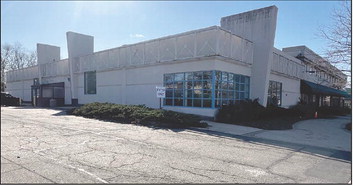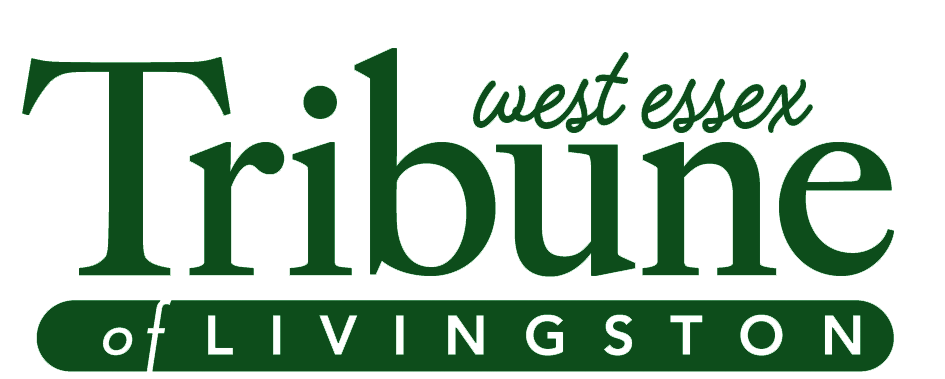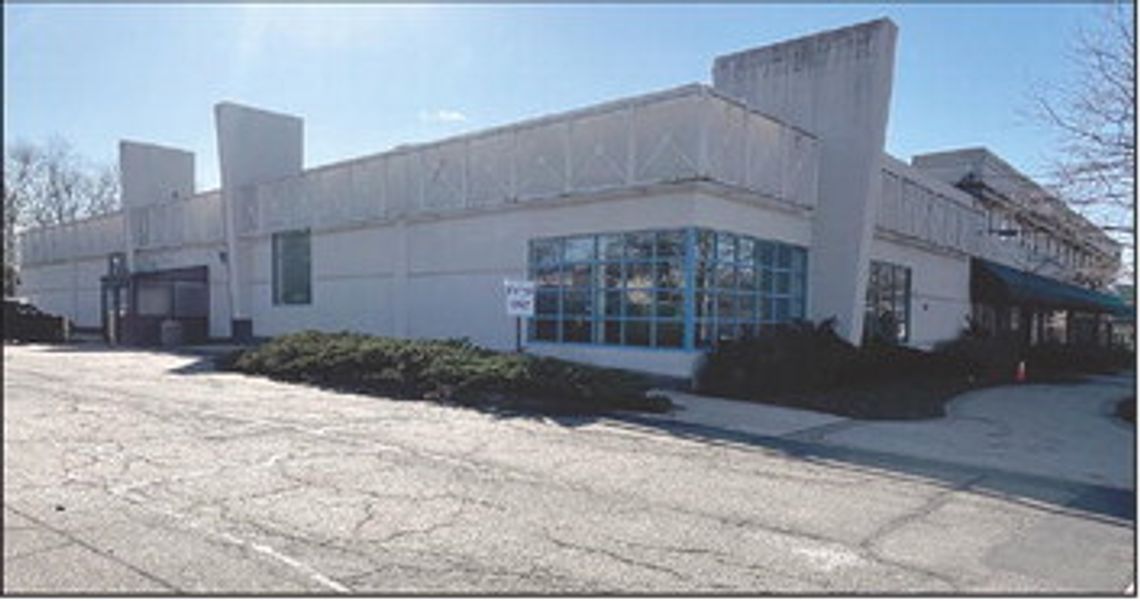The LivingstonTownship Council, at its Monday,April 7 meeting, passed an ordinance to authorize a financial agreement and approve a long term tax exemption with 45 Partners Urban Renewal. Deputy Mayor Shawn Klein recused himself from this vote.
During public comment prior to the Council vote, Livingston Planning Board member Richard Dinar and residents Nancy Dinar and Justin Alpert each spoke against approving a PILOT prior to its passage. They said that a PILOT was more advantageous for the developer than the township and its taxpayers, and that it was not necessary to develop the property. They noted that the money from the PILOT would benefit the town, but not the school district and county, as standard taxes would. They also expressed concern for the potential additional influx of students in already crowded schools.
“We are comfortable that this winds up yielding more money to the benefit of Livingston,” Township Manager BarryLewis said in response. “I’ve been doing this a lot of years, well over a dozen PILOTs, and this is the most favorable to a municipality of the ones I’ve negotiated… We don’t take this lightly. We are comfortable this is the best path to get what is clearly an eyesore, clearly a deteriorating property… turned around. It’s such a critical location in town and we are confident it’s going to generate a good project.”
Council representatives Ketan Bhuptani and Al Anthony, who helped negotiate the terms of the PILOT, said that they support the exemption in this instance because it is in the best interest of Livingston.
“This project will be a transformative project for this community,” Mayor Ed Meinhardt said. “Livingston Avenue is in need of this type of development. This doesn’t happen often, and this will be a project that all of us, in many years, will be very proud of, the town will be proud of.”
Project Background
The agreement covers block 3700, lots 28, 29, and 30 on the township’s tax maps, commonly known as 19 and 45 South Livingston Avenue. A five-story residential building is expected to be constructed, which will include 226 residential units, of which 14 units shall be designated as special needs housing (which shall count as 17 bedrooms of affordable housing contained within 14 physical units). An additional 17 units shall be designated as affordable housing units. A connected one story retail (Continued on Page A-7) (Continued from Page A-1) building of approximately 17,985 square feet will also be included, as well as approximately 494 parking spaces. Indoor and outdoor amenities are expected to include entertainment lounges, a fitness center, private meeting rooms, a pool with lounge seating, outdoor bar area, grilling stations, and dining areas.

With pic: Bottle King A long term tax exemption was granted to 45 Partners Urban Renewal, which will pave the way for a 200-plus unit apartment complex to be built along South Livingston Avenue, at the former site of Bottle King. ROC Photo
PILOT Granted
According to the terms of the agreement, 45 Partners Urban Renewal will pay an annual service charge, the amount of which changes through multiple stages over up to 30 years of the agreement. In stage one, which covers the first five years of the agreement, the company must pay the town the greater of either the minimum annual service charge or 11.5 percent of the annual gross revenues (AGR). The minimum annual service charge amounts to the land taxes levied against the project site in the last full tax year in which the project site was subject to taxation. By the final stage, which begins 24 years after the agreement commences, the annual amount owed to the town will be the greatest of the minimum annual service charge; 15 percent of the AGR; or 80 percent of the amount of the taxes otherwise due on the value of the project site and the improvements.
In year one, the estimated annual gross revenue of the PILOT (payment in lieu of taxes, colloquial term for a long term tax exemption), is $1,173,509. That figure increases each year until it is listed as $2,815,059 in year 30, according to an exhibit attached to the ordinance.
Language in the ordinance notes that the Council determined that the project that the benefits of the agreement outweigh the costs associated with it.
“I believe the project is a desirable and beneficial improvement in the township and that the use of the Long Term Tax Exemption Law will further the township in advancing the development in the Township,” Lewis wrote in a letter to township clerk Carolyn Mazzucco regarding the applica”tion for the tax exemption. The applicant anticipates approximately 200 full-time equivalent construction jobs over the duration of the construction of the project, as well as approximately ten full-time permanent jobs in connection with the operation of the project, as well as creating new and diverse housing opportunities. Therefore, I recommend that the application be favorably considered by the Township Council for the applicant, provided that all legal prerequisites have been met.”
At a March Council meeting when the ordinance was introduced, Lewis noted that PILOT is a tool to facilitate the redevelopment of properties. In its current state, the property is not able to collect as much taxes for the town as it would if it were built up.
“What the public needs to understand is if the project doesn’t go forward, we are left with what we have, which is a fraction of the revenue in taxes than what would be generated from the financial agreement,” Lewis said at the time. “We are hesitant to grant any tax relief unless it’s warranted and it’s justified to achieve a public purpose in redeveloping the property.”
Through meetings between the developer and the township’s lawyers, along with Council representatives Bhuptani and Anthony, the amount owed to the town over the life of the PILOT ultimately increased from $46 million to $58 million. Lewis added that, if nothing were to be built there, the difference in what is generated for the town over the life of the PILOT would be over $40 million. A PILOT also limits the developer in their profits over the course of the agreement, as excess profits would be turned over to the town, he said.
Lewis has previously said that township officials compared numbers to the ParkVue apartments and other similar complexes in town to estimate the ultimate assessment of the property once it is completed. ParkVue – which Lewis said is nearly identical in the number of units and rental cost to this project – is assessed at roughly $60 million. Even if this new project was ultimately assessed much higher at $95 million, the PILOT would still generate more revenue for the town over the agreement’s lifetime. This is, in part, because only five cents of every dollar goes to the county with a PILOT, compared to 21 cents of every dollar with regular property taxes.
The developer is also making a $500,000 Community Benefit Payment, a financial contribution for the township to use for various community improvements.



